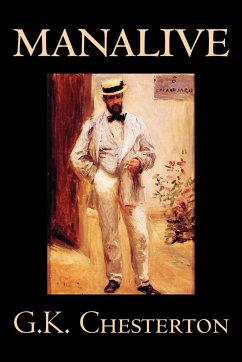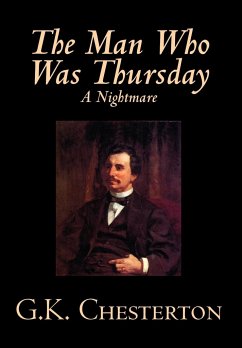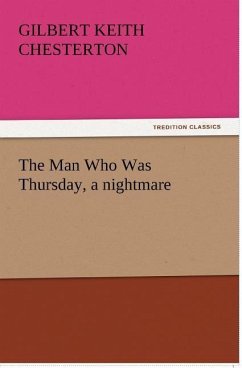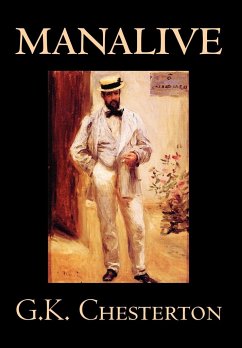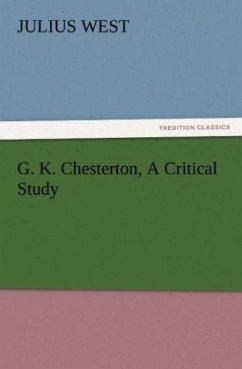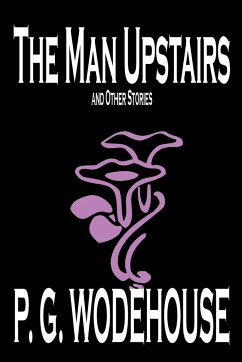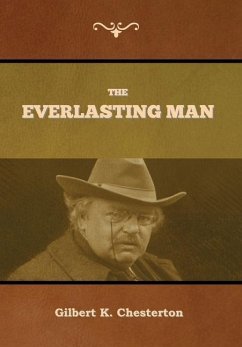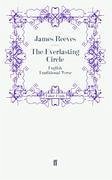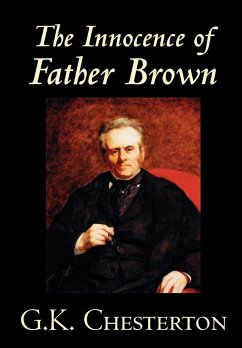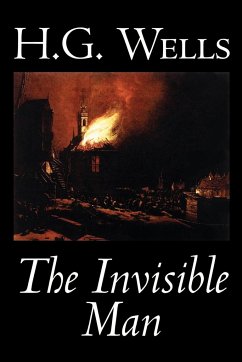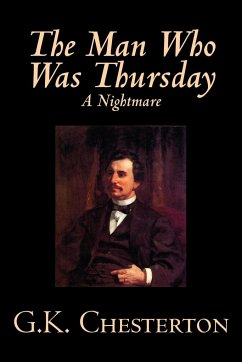
The Man Who Was Thursday, A Nightmare by G. K. Chesterton, Fiction, Classics
Versandkostenfrei!
Versandfertig in 1-2 Wochen
14,99 €
inkl. MwSt.

PAYBACK Punkte
7 °P sammeln!
A WILD, MAD, HILARIOUS AND PROFOUNDLY MOVING TALE: It is very difficult to classify The Man Who was Thursday. It is possible to say that it is a gripping adventure story of murderous criminals and brilliant policemen; but it was to be expected that the author of the Father Brown stories should tell a detective story like no one else. On this level, therefore, The Man Who was Thursday succeeds superbly; if nothing else, it is a magnificent tour-de-force of suspense-writing. However, the reader will soon discover that it is much more than that. Carried along on the boisterous rush of the narrati...
A WILD, MAD, HILARIOUS AND PROFOUNDLY MOVING TALE: It is very difficult to classify The Man Who was Thursday. It is possible to say that it is a gripping adventure story of murderous criminals and brilliant policemen; but it was to be expected that the author of the Father Brown stories should tell a detective story like no one else. On this level, therefore, The Man Who was Thursday succeeds superbly; if nothing else, it is a magnificent tour-de-force of suspense-writing. However, the reader will soon discover that it is much more than that. Carried along on the boisterous rush of the narrative by Chesterton's wonderful high-spirited style, he will soon see that he is being carried into much deeper waters than he had planned on; and the totally unforeseeable denouement will prove for the modern reader, as it has for thousands of others since 1908 when the book was first published, an inevitable and moving experience, as the investigators finally discover who Sunday is. Like most of Chesterton's fiction, the story includes some Christian allegory.





